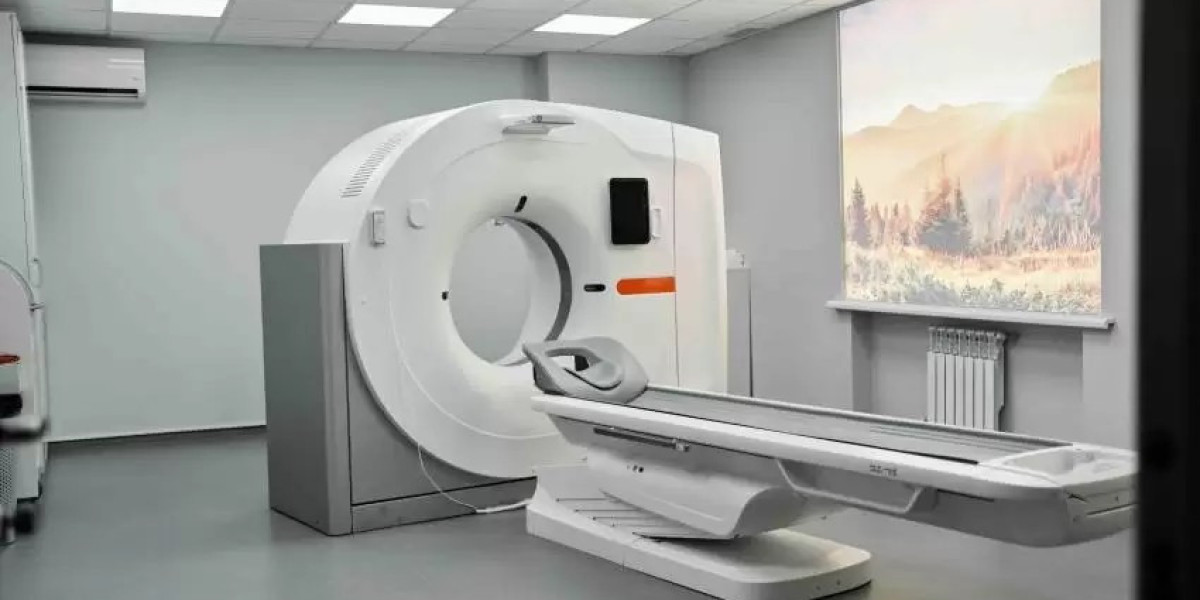Fistulas, especially anal and rectovaginal fistulas, can cause significant discomfort and complications if not diagnosed correctly. While traditional tests provide some information, Magnetic Resonance Imaging (MRI) has become the gold standard for fistula detection. In this blog, we’ll explain how MRI works, its benefits, and why consulting an expert like Dr. Samrat Jankar, leading Fistula Specialist in India and Gastrointestinal & Colorectal Surgeon at Kaizen Gastro Care, Pune, ensures accurate diagnosis and treatment planning.
What is a Fistula?
A fistula is an abnormal tunnel-like connection between two organs or between an organ and the skin. Common examples include:
- Anal fistula (between the anus and skin)
- Rectovaginal fistula(between the rectum and vagina)
- Complex fistulasthat involve multiple tracts or abscesses
Accurate mapping of these tracts is vital for effective fistula treatment in Pune and across India.
Why MRI is Important in Fistula Detection
MRI provides a clear, detailed picture of fistula tracts and their relation to nearby muscles and organs. Key roles include:
- Precise Mapping– Locates the primary tract and any secondary extensions.
- Identifying Abscesses– Detects hidden infections not seen in physical exam.
- Differentiating Types– Helps classify simple vs. complex fistulas.
- Guiding Surgery– Prevents incomplete treatment and reduces recurrence.
- Non-invasive Accuracy– No radiation, painless, and highly reliable.
How MRI Works for Fistula Diagnosis?
- Uses high-resolution imaging to visualize soft tissues.
- Contrast agents may be used to highlight tracts and abscesses.
- Provides 3D visualization, helping surgeons avoid nerve and muscle damage during surgery.
MRI vs. Other Diagnostic Tools:
Diagnostic Method | Limitations | MRI Advantage |
Physical Examination | May miss deep tracts | MRI detects hidden extensions |
Ultrasound | Operator-dependent, limited view | MRI provides detailed pelvic mapping |
CT Scan | Radiation exposure | MRI is safer and more precise |
Why Choose Expert Care?
At Kaizen Fistula Care, Pune, Dr. Samrat Jankar, recognized as a Fistula Specialist in India, uses MRI alongside advanced colorectal diagnostic techniques. This ensures:
- Correct identification of fistula type
- Tailored surgical planning (LIFT, advancement flap, VAAFT, etc.)
- Reduced recurrence and faster recovery
For patients seeking fistula treatment in Pune, Kaizen Gastro Care offers world-class care with a patient-first approach.
FAQ's on MRI in Fistula Detection:
Is MRI always required for fistula diagnosis?
Not always, but it’s strongly recommended for recurrent, complex, or unclear cases.
Is MRI painful?
How long does the test take?
Conclusion:
MRI has transformed the way fistulas are diagnosed and treated. By providing a precise roadmap of fistula tracts, it helps specialists plan safe and effective surgeries. If you suspect or have been diagnosed with a fistula, consulting a trusted Fistula Specialist in India like Dr. Samrat Jankar at Kaizen Fistula Care, Pune, ensures accurate diagnosis and the best outcomes.
Book your appointment today for advanced fistula treatment in Pune with expert care.







